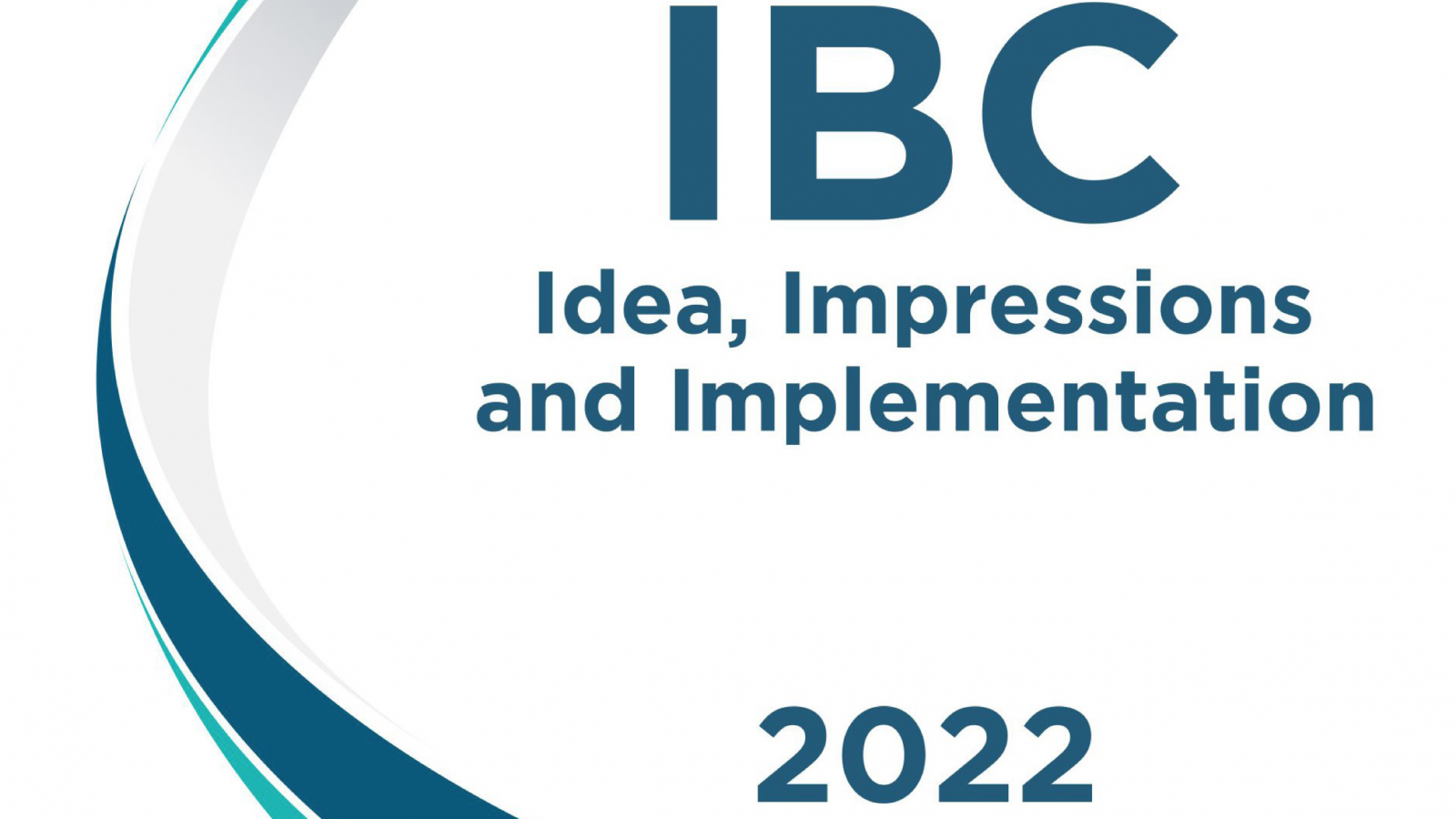
The Company Law Committee Report 2022: An ambitious Report with far-reaching consequences
On April 13th 2022, the Company Law Committee (“CLC”) released its Report for public comments. The Report aims at facilitating and promoting greater ease of doing business in India and effective implementation of the Companies Act, 2013 (“CA-13”), the Limited Liability Partnership Act, 2008 and the Rules made thereunder.
Key features of the CLC Report
In light of the evolving landscape of doing business post the pandemic, the Report’s recommendations aim to facilitate the ease of doing business in India and advocate for measures such as doing away with affidavits under CA-13, allowing companies to hold meetings in electronic and hybrid modes, and allowing companies to serve documents to their members in electronic form. It seeks to bring in new evolving global regulatory practices and makes several recommendations to ensure greater operational efficiency of the CA-13. Some of the key features of the report are explained below.
- Recognising issuance and holding of fractional shares
Fractional shares refer to a portion of a share less than one share unit. Such shares arise due to mergers, issue of bonuses, or rights issues. However, at present, the Companies Act does not allow the holding of fractional shares. Given the increasing participation of retail investors in the Indian financial market, the CLC has recommended that the Act enable the issuance, holding, and transfer of fractional shares for certain companies. This would serve the over 1.42 crore retail investors who entered the market in FY 2021. While retail investors may want to invest in certain companies, they may not have the purchasing power to buy a whole share due to the high price of a single unit. Allowing holding and trading fractional shares would enable them to invest precise and predetermined budgeted amounts in companies whose shares are otherwise inaccessible to them due to high prices. However, the CLC has clarified that the holding and trading of fractional shares should only be permitted for those fractional shares that are issued by the concerned company and not those that are created on account of corporate actions like mergers, etc.
2. Strengthening the National Financial Reporting Authority (“NFRA”)
The Companies Act empowers the Union Government to constitute the National Financial Reporting Authority (“NFRA”) for matters relating to accounting and auditing standards for companies. NFRA seeks to protect public interest and the interests of investors, creditors and others associated with the companies or bodies corporate. While taking note of the provisions concerning NFRA, CLC has made recommendations to enhance the operational autonomy of NFRA by taking penal action against auditors, having a dedicated NFRA fund, and making regulations.
- Taking penal action: At present, NFRA only has powers to take action against ‘professional or other misconduct’ committed by any member or firm of chartered accountants. It does not have the power to take action against actions that do not qualify as ‘professional or other misconduct’. The CLC has thus recommended that NFRA be empowered to take action against non-compliance with the Companies Act and requirements thereunder. It should also be able to initiate appropriate penal action if its orders are neither complied with nor any appeal against such an order has been filed in the NCLAT.
- Having a dedicated NFRA fund: Currently, NFRA receives its entire funding from the Union Government. Given their specialised nature, regulatory authorities like NFRA require the necessary capabilities to discharge their functions. To augment the degree of financial autonomy for NFRA, the CLC has recommended provisions concerning financial autonomy as is present for other regulatory bodies may also be incorporated for NFRA. Thus, in line with the ‘Board Fund’ under the Insolvency and Bankruptcy Code (“IBC”) and ‘Competition Fund’ under the Competition Act, the CLC has recommended that suitable amendments be made to the Companies Act for the constitution of a NFRA Fund.
- Making regulations: As per the Report, CLC believed that certain regulation-making powers, sufficiently encumbered by checks and balances, may be given to NFRA. This could include instances where autonomy is required for the smoother internal functioning of NFRA and instances that necessitate subject-matter expertise and immediate requirement for regulation.
3. Recognising and providing an enabling framework for the constitution of Risk Management Committees (“RMCs”)
Risk management is an essential function of a Company’s Board. Robust risk management allows every company to function efficiently and facilitates the development of corporations, particularly in unprecedented situations such as the ongoing COVID-19 pandemic. The CLC, after taking note of provisions of the SEBI (Listing Obligation and Disclosure Requirements) Regulations, 2015, has recommended the constitution of a dedicated Risk Management Committee in certain companies to strengthen the Board’s power to overview and supervise risk management systems.
4. Easing the restoration of struck off companies
Approximately one in every six cases heard by the National Company Law Tribunal (“NCLT”) relates to the ‘restoration of struck-off companies’. Striking off refers to removing or striking off a company’s name from the register of companies maintained by the registrar. Effectively, striking off is the legal recognition of shutting shop by a company and may either be voluntarily requested by the company or may be carried out suo motu by the registrar if the company is not actively engaged in carrying out business. In case of such striking off, any aggrieved party (including the company, its members, creditors and workmen) may approach the NCLT to restore the company’s name on the register of companies, thereby ‘reviving’ it. To ease the burden on the NCLT and expedite the restoration process, the CLC has recommended that where aggrieved persons apply for restoration within three years, the application should be filed before the Regional Director and not the NCLT. This would ensure that the process is carried out in a seamless and time-bound manner and de-burden the NCLT.
5. Recognising Special Purpose Acquisition Companies (“SPACs”)
A Special Purpose Acquisition Company (“SPAC”) does not have an operating business and is formed to acquire a target company. This concept allows a shell company to issue an Initial Public Offering (“IPO”) without any commercial activity. After listing, the SPAC merges with or acquires a company, i.e., the target, thereby allowing the target company to benefit from such listing without going through the formalities and rigours of an IPO. The concept of SPAC has gained considerable global traction as seasoned investors, and management professionals are turning to SPACs to mitigate the risks associated with an IPO. SPACs are currently regulated and recognised across multiple jurisdictions such as the UK, USA, Canada, Singapore and Malaysia. Thus, the CLC has recommended that SPACs be explicitly recognised under the Companies Act and that entrepreneurs should be allowed to list a SPAC incorporated in India on domestic and global exchanges.
6. Enabling the incorporation of Producer Limited Liability Partnerships under the Limited Liability Partnership Act, 2008
Producer organisations play a pivotal role in reducing transaction costs and provide a forum for members to share mutually beneficial information, coordinate activities, and make collective decisions. While producer institutions have traditionally been organised in cooperative societies, the concept of Producer Companies was introduced in the 1956 Companies Act through the Companies (Amendment) Act, 2002. The concept was carried forward by the 2013 Companies Act as Chapter XXIA, i.e., Producer Companies. In light of the benefits associated with LLPs vis-à-vis companies, particularly concerning reduced compliance burden, the CLC has recommended that Producer LLPs be incorporated within the LLP Act, 2008. They would serve as a more desirable option for small producers since LLPs have been provided with a range of relaxations in their affairs.
Vidhi advised the Company Law Committee and the Ministry of Corporate Affairs and provided drafting and research inputs for the CLC Report 2022. This was the third instance of Vidhi’s engagement with the Company Law Committee, with previous engagements in 2016, 2018, and 2019.





